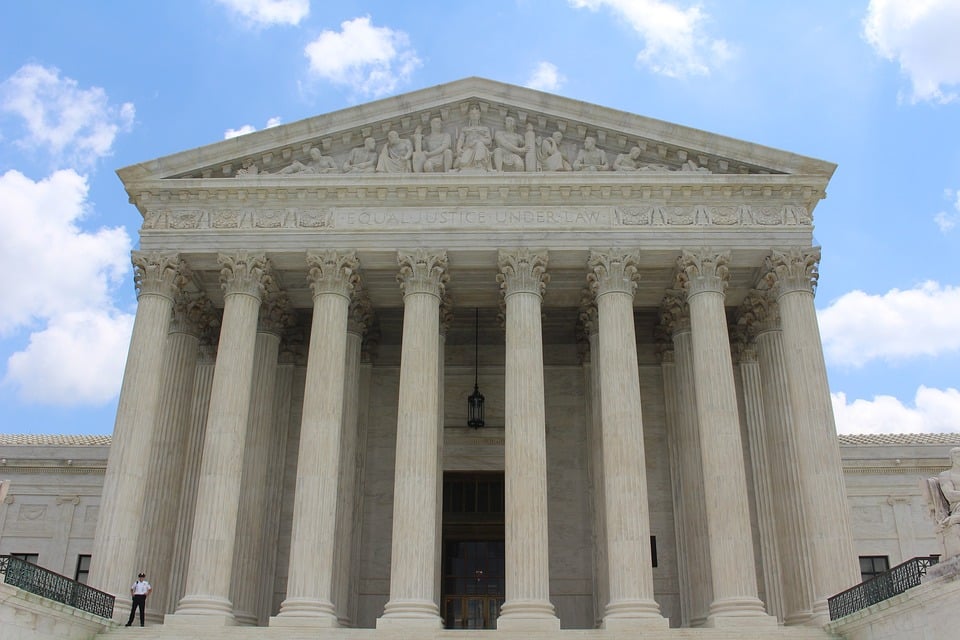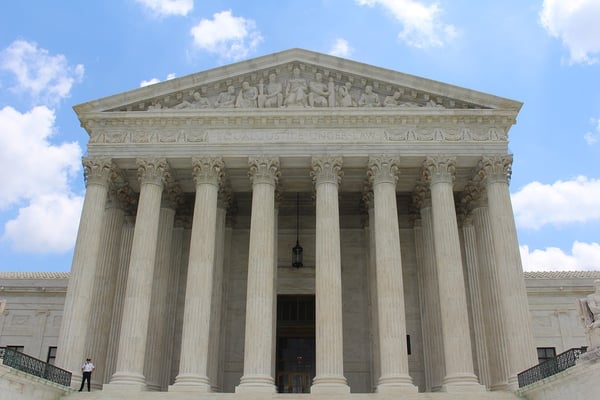Supreme Court Says Plavix Suits Cannot Stay in California To End Jurisdiction Disputes
By: Elizabeth DiNardo, Esq. | Associate Counsel


On Monday June 19, 2017 the U.S. Supreme Court overturned a controversial ruling from the California Supreme Court, which held that California state courts had jurisdiction to hear class claims from nearly 600 non-California residents who filed suit against Bristol-Myers Squibb Co. The lawsuit was filed in California court alleging that the plaintiffs had sustained injuries from the blood-thinning drug Plavix.
The suit originated from eight separate complaints filed in March 2013 in San Francisco by 86 California residents and 592 nonresidents. Plaintiffs in the suits claimed that the pharmaceutical giant purposefully misled patients regarding the risks of the medication and accused the company of negligence and strict product liability. Almost immediately after the claims were filed, questions of jurisdiction became an issue. In 2016, the California Supreme Court upheld a lower court decision which held that California courts had specific personal jurisdiction over the defendant, a non-California resident, based on three distinct factors: (1) whether the defendant has purposefully directed its activities at that state, (2) whether the claims are related to those activities, and (3) whether exercising jurisdiction would be reasonable. The California Supreme Court found that the elements listed above were satisfied by the defendant through Bristol-Myers’ contacts in the state of California, including marketing and distributing Plavix in the state, and running a research and development facility in the state.
However, Bristol-Myers appealed the decision to the U.S. Supreme Court arguing that the California Supreme Court took a very broad view of the state’s long-arm jurisdiction statute. The defendant further argued that the granting of specific personal jurisdiction was not based on anything that connected the state of California with the plaintiffs’ injuries, but rather was based on a collection of loose contacts the company had with the state of California. During oral arguments attorneys for the defendant maintained that precedent favors a causality inquiry, which necessitates courts establish that the claims in the case result from the defendant’s activity in the state before specific personal jurisdiction can be found.
In an 8-1 opinion, the U.S. Supreme Court held that the California Supreme Court’s ruling created a broadened stance on jurisdiction, along with unpredictability for defendants, and could possibly scare away other countries from conducting trade with the U.S. due to the potential for litigation in every state their business touches.
The language from the Supreme Court decision further elaborates that, "The relevant plaintiffs are not California residents and do not claim to have suffered harm in that state. In addition ... all the conduct giving rise to the nonresidents’ claims occurred elsewhere. It follows that the California courts cannot claim specific jurisdiction."
The Case Is: Bristol-Myers Squibb Co. v. Superior Court of California for the County of San Francisco et al., case number 16-466, before the U.S. Supreme Court
Counsel Financial provides working capital credit lines up to $5 million exclusively for the plaintiffs' bar in all states except California, where credit lines are issued by California Attorney Lending.




